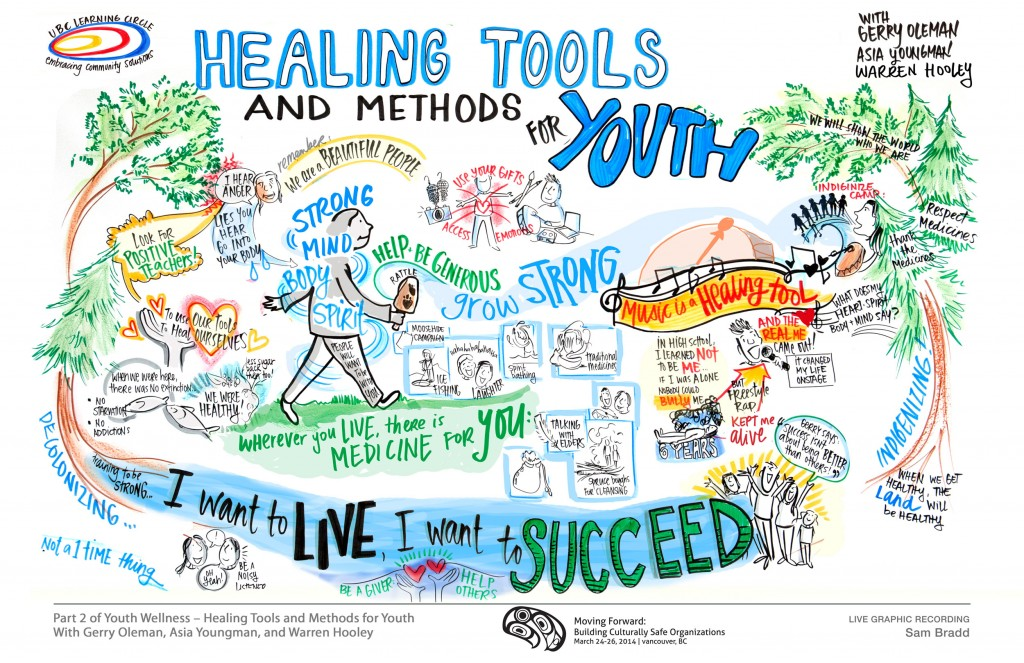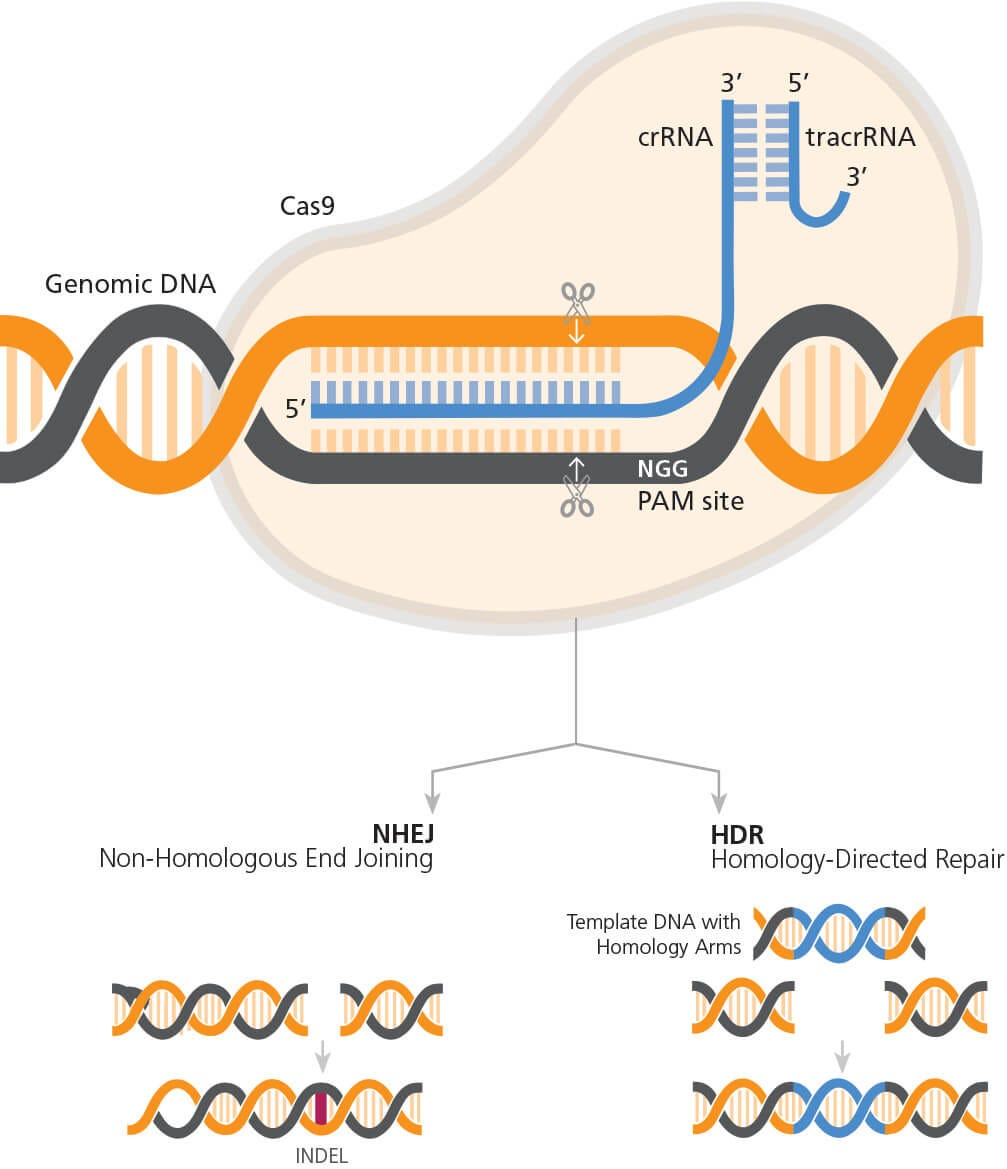Youth well-being is a critical aspect of societal progress that deserves our immediate attention. Recent findings from the Global Flourishing Study reveal that the mental health of young people, particularly in the United States, is alarmingly suboptimal compared to older generations. This trend challenges the notion that economic development, while vital, is the sole determinant of health and happiness in youth. As Tyler VanderWeele points out, investing in youth is essential not just for their personal development but for the health and spiritual well-being of society as a whole. It becomes evident that fostering strong relationships, meaning, and character among young people is as important as financial stability.
When we consider adolescent development, terms like youth wellness and adolescent flourishing come to the fore. This perspective highlights the multidimensional factors that contribute to a healthy and fulfilling life for younger generations. As the focus shifts towards holistic definitions of well-being that incorporate emotional stability, community connections, and personal meaning, it reveals an urgent need for more resources and programs tailored to enhance youth mental health. In this complex landscape of growth, spiritual health and relationships prove equally integral to achieving true happiness. The necessity for comprehensive support mechanisms for young individuals becomes increasingly clear.
Understanding the Relationship Between Economic Development and Youth Well-Being
Economic development has often been equated with enhanced quality of life, yet recent studies challenge this notion, illustrating that wealth alone does not guarantee well-being. The Global Flourishing Study highlights stark differences in youth well-being across varying economic contexts, evidencing that middle-income countries often outperform wealthier nations like the U.S. in terms of youth happiness and flourishing. This discrepancy invites further exploration into how economic resources are utilized and whether they truly promote meaningful experiences and social connections among youth.
For instance, while Japan ranks as a highly developed nation, its youth reported lower levels of flourishing compared to countries like Indonesia. This pattern suggests that economic success may overshadow essential social determinants of health and happiness. In cultivating an environment conducive to youth well-being, it’s crucial to balance economic strategies with policies that foster community relationships, life meaning, and personal development.
The Importance of Mental Health and Spiritual Well-Being for Flourishing Youth
Mental health is increasingly recognized as a vital component of overall youth well-being, as attested by the findings of the Global Flourishing Study. The correlation between good mental health and flourishing outcomes showcases the necessity of integrating mental health support systems within educational and community frameworks. By prioritizing mental health, societies can enhance young people’s ability to thrive emotionally and socially, reinforcing the idea that emotional well-being is as critical as physical health.
In addition to mental health, spiritual well-being plays a prominent role in the flourishing of youth. The study reveals that involvement in spiritual practices and community-oriented religious activities can significantly bolster youth’s resilience and sense of purpose. Understanding that spiritual fulfillment forms a cornerstone of happiness strengthens the case for incorporating values-based education that encourages youth to explore their beliefs and foster connections with peers.
The Interconnection Between Relationships and Youth Well-Being
The Global Flourishing Study underscores the vital role that relationships play in fostering youth well-being. Data indicate that youths who maintain strong familial and social bonds are more likely to report higher levels of happiness and flourishing. Positive relationships provide a support system that helps young people navigate life’s challenges and promotes resilience, indicating that well-being extends beyond economic factors to encompass social dynamics.
Furthermore, encouraging meaningful connections among peers can contribute to personal development and emotional stability. Programs focusing on interpersonal skills and emotional intelligence within schools can help foster environments where relationships are prioritized, ultimately benefiting youth well-being. This perspective reinforces a holistic understanding of flourishing, emphasizing that connections with others are just as essential as financial security in nurturing a happy and healthy adulthood.
Promoting Health and Happiness: Strategies for Youth
To effectively promote youth health and happiness, it is crucial to adopt multifaceted strategies that address the diverse factors influencing well-being. Initiatives that integrate mental health services, community engagement, and educational support can create a nurturing environment for youth to thrive. Advocacy for policies aimed at creating equitable access to health resources will be fundamental in ensuring that all young people have the opportunity to flourish.
Additionally, emphasizing health education that incorporates mental well-being and life skills can equip youth with the tools they need to cope with stress and build resilience. By creating a supportive infrastructure that prioritizes health and happiness, communities can contribute to a foundation that allows youth to excel and find meaning in their lives.
Reevaluating Well-Being Indicators Beyond Wealth
The findings of the Global Flourishing Study compel a reevaluation of the metrics traditionally used to gauge societal success, particularly the emphasis on wealth as a primary indicator of well-being. The results challenge the assumption that higher economic status translates directly to higher happiness levels, urging policymakers and researchers alike to consider alternate indicators that encompass mental health, relationships, and spiritual well-being.
By shifting focus from quantitative economic measures to qualitative assessments of life satisfaction, communities can better understand the needs of their youth. This approach can lead to the implementation of programs that prioritize holistic well-being, catering to emotional and social factors that are vital for fostering a flourishing society.
The Role of Education in Enhancing Youth Well-Being
Education serves as a significant influencing factor on youth well-being, shaping their perspectives, capacities, and opportunities in life. The Global Flourishing Study demonstrates how academic environments that promote emotional intelligence, critical thinking, and social responsibility correlate with higher levels of youth happiness and mental health. Creating curricula that encompass well-being strategies can equip youth with essential skills for navigating life’s challenges.
Furthermore, integrating lessons on relationships and community involvement into education can strengthen the foundation upon which young people build their futures. By fostering an educational landscape that values health, happiness, and spiritual well-being, we prepare youth not only for professional success but also for personal fulfillment and resilience.
Access to Resources: Bridging the Gap for Flourishing Youth
The Global Flourishing Study brings to light the stark disparities in access to resources that affect youth well-being. Disadvantaged neighborhoods often lack the necessary facilities and programs that promote mental health and social engagement, hindering youth development. Closing these gaps is essential to ensure that all young people can thrive regardless of their socioeconomic background.
Efforts to bridge these gaps must include investments in mental health resources, community centers, and educational funding that target underserved areas. By ensuring equitable access to life-enhancing resources, societies can foster an environment where every youth has the potential to flourish, emphasizing that well-being is a universal right.
Fostering Community Connections to Support Young People
The importance of community connections in nurturing youth well-being cannot be overstated. The Global Flourishing Study emphasizes that strong community ties contribute significantly to the flourishing of young individuals. Communities that encourage participation, collaboration, and relational support create environments where youth feel valued and understood, bolstering their sense of belonging.
By investing in programs that promote community engagement, such as mentorship and volunteer opportunities, societies can cultivate supportive networks that empower youth. These connections not only enhance personal development but also contribute to the collective well-being of the community, creating a resilient ecosystem that fosters health and happiness among its members.
The Future of Youth Well-Being: A Call to Action
Looking ahead, the implications of the Global Flourishing Study underscore the urgent need for action in promoting youth well-being. As research highlights the alarming trends regarding mental health and flourishing among youth, it calls for a collective response from governments, educators, and communities. Prioritizing initiatives that enrich the lives of young people, while addressing their unique challenges, is imperative to securing a brighter future for the next generation.
Engaging stakeholders at all levels—parents, teachers, policymakers, and young people themselves—will be crucial in shaping effective strategies that promote health, happiness, and flourishing. By fostering discussions around the importance of holistic well-being, society can mobilize resources and efforts that ensure the youth of today become the flourishing adults of tomorrow.
Frequently Asked Questions
What is youth well-being and why is it important for mental health?
Youth well-being refers to the overall health, happiness, and flourishing of young individuals, encompassing mental health, emotional support, and social connections. It is crucial as it lays the foundation for positive development in adulthood, affecting future relationships, educational achievements, and economic success.
How does economic development impact youth well-being in various countries?
Economic development can significantly influence youth well-being by providing access to resources, education, and job opportunities. However, the Global Flourishing Study shows that wealth alone does not ensure high well-being, as many middle-income countries outperformed wealthy nations in terms of youth flourishing due to stronger community ties and relationships.
What role does spiritual well-being play in the overall health and happiness of youth?
Spiritual well-being, encompassing a sense of purpose and community connections, is linked to higher levels of youth flourishing. Regular participation in spiritual or religious activities has been associated with improved mental health outcomes and stronger relationships, contributing positively to overall happiness and meaning in life.
How does the Global Flourishing Study assess youth well-being?
The Global Flourishing Study evaluates youth well-being using a comprehensive set of variables, including health, happiness, financial security, relationships, and spiritual well-being. This extensive research across various nations provides insights into the challenges faced by youth and the factors that promote their thriving.
What are some strategies to enhance youth well-being in communities?
Enhancing youth well-being can involve creating supportive environments, ensuring access to mental health resources, promoting healthy relationships, and encouraging community engagement. Programs that foster character development and provide meaningful connections can significantly benefit the mental health and overall flourishing of young people.
Why are relationships important for youth well-being and mental health?
Healthy relationships are vital for youth well-being as they provide emotional support, foster resilience, and contribute to a sense of belonging. The Global Flourishing Study highlights that strong parental and peer relationships are consistently associated with higher flourishing levels among youth.
What challenges do youth face in achieving well-being today?
Today’s youth often face challenges such as social media pressure, mental health issues, economic uncertainties, and a lack of community support. These factors can hinder their overall health and happiness, making it essential to focus on strategies that promote resilience and well-being.
How can we support spiritual well-being among youth for better flourishing?
To support spiritual well-being, we can encourage youth to explore their values and beliefs, participate in community service, and engage in reflective practices such as meditation or mindfulness. These activities enhance their sense of purpose and connection, contributing positively to their overall well-being.
What is the connection between financial security and youth mental health?
While financial security is an important aspect of well-being, the Global Flourishing Study indicates that it does not solely determine youth mental health outcomes. Building strong relationships and providing emotional support are equally, if not more, critical for achieving a high level of well-being among youth.
What are some indicators of flourishing in youth?
Indicators of flourishing in youth include high levels of happiness, meaningful relationships, good mental health, financial security, and a sense of purpose. The Global Flourishing Study measures these aspects to provide a comprehensive understanding of youth well-being across different cultures and economic contexts.
| Aspect | Findings | Significance |
|---|---|---|
| Youth Well-being | Many youth in the U.S. are experiencing low levels of flourishing. | Indicates urgent need for societal investment in mental and emotional support. |
| Global Study | Surveyed about 203,000 individuals from 22 countries. | Provides a comprehensive view of global youth well-being. |
| Methodology | Included seven variables defining ‘flourishing’—health, happiness, etc. | Helps in understanding different facets affecting youth well-being. |
| U-Shape to J-Shape Shift | Flourishing levels of youth remain flat until later in life. | Alarming trend indicating a need for intervention during youth years. |
| Financial Vs. Non-Financial | Countries like Indonesia rank higher in well-being without wealth correlation. | Highlights that financial success doesn’t always equate to flourishing. |
| Role of Relationships | Good relationships in childhood correlate with adult flourishing. | Underlines importance of nurturing emotional connections early in life. |
Summary
Youth well-being is increasingly a pressing concern as recent studies indicate alarming trends in mental and emotional health among young individuals, especially in the U.S. The Global Flourishing Study highlights that financial affluence does not guarantee flourishing, and instead, factors such as relationships and social connections play a crucial role in overall contentment. It’s essential for society to recognize and invest more profoundly in the mental health and emotional support necessary for the flourishing of youth to ensure a brighter and healthier future.



